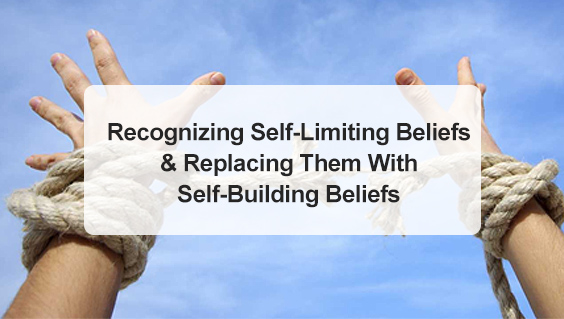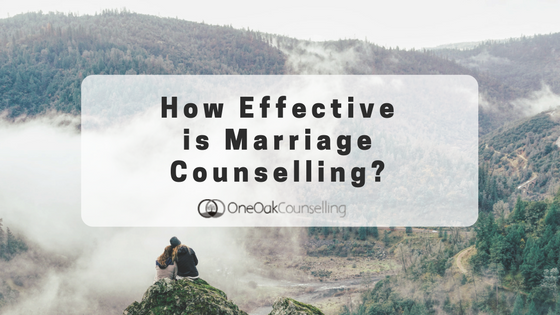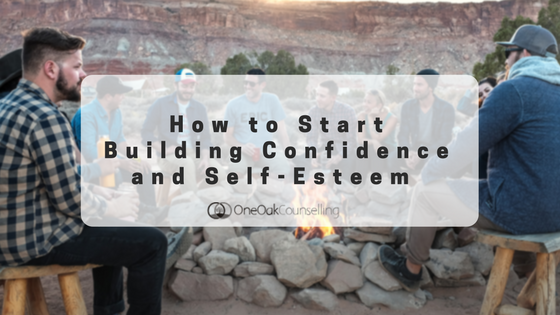Depression is a profound ailment.
We often underestimate how strong the connection between our mind and body is. Those who experience deep sadness will understand. When the feeling of loneliness or sadness sets in, it begins to affect how you live your life. You’ll start feeling a range of symptoms; from losing weight, to losing sleep, to losing an emotional connection with your loved ones.
Pinpointing the exact cause for depression can get a bit fuzzy. Your best course of action is to seek professional help, however there are ways that have been proven to help you cope with mild feelings of depression.
Healing from depression won’t happen overnight, but you can win the battle with the help of your loved ones and health professionals. Taking the small steps to adopting these 4 simple habits can bring you closer to feeling better.
AVOID SKIPPING MEALS
Depression can lead to a lost appetite. It can be easy to skip meals, but doing so can lead to binge eating. Binge eating can be a source for depression, or a symptom you picked up due to depression. It can be difficult to fix your own eating habits, so it may help to work with a doctor.
There are treatments for both eating disorders and depression. Doctors may suggest you to work with a dietitian in order to get your eating habits fixed. Your doctor may also recommend that you see a psychiatrist, psychologist, or clinical counsellor.
Forcing yourself to eat when you aren’t hungry is difficult. If you feel that depression is altering your appetite, seek professional evaluation. Reaching out for help is the first step on your road to recovery. Setting a predictable eating schedule and sticking to it will help regulate your appetite.
MAINTAIN A REGULAR SLEEPING SCHEDULE
Are you losing sleep because of how you feel?
You’re not alone – about 80% of people with depression have insomnia.
Insomnia is difficult to deal with, especially in times of depression. As a quick fix, you might try to take over the counter sleep aids. These sleep aids can leave you feeling drowsy and irritable the next day. The after effects of sleep aids can result in an increasingly difficult time throughout the day.
If you need something to help you sleep at night, herbs such as Chamomile have been shown to reduce both anxiety and depression. Try your best to stay out of bedduring the day; even if just moving to a different room is all you can do. Staying out of bed can help prevent napping during the day, which will make it easier for you to sleep at night.
Insomnia can overlap with depression. To get a sufficient amount of sleep, try identifying and healing from the underlying problem. Reaching out for help from others can also give you answers to improving your sleep quality and mood.
DO WHAT YOU ENJOY
When you’re stuck in a rut, it can be easy to stop doing the things you enjoy. Engaging in activities you enjoy can help take your mind off the problems that bother you. Focus on the positive activities, such as reading a book or exercising.
You might be interested in learning how to play guitar or even how to sew your own clothing. Try revisiting any hobbies you had in the past. You’ll begin to feel the positive of effects of doing something you enjoy.
Getting into activities that involve others helps greatly too. Preventing yourself from isolation is a significant step towards healing. You can join things such as clubs, sports, or even an association of some sort.
Although keeping busy and engaged can help, it may only be a temporary fix. This habit should be combined with professional treatment. Work with your health care professional to formulate an action plan towards doing what you enjoy.
EXPRESS YOUR FEELINGS
Talking to somebody you trust about how you feel is a very effective habit to adopt. They don’t necessarily have to fix your problems, but their companionship will help ease the feeling of depression. The most important thing is you have the ability to talk it out, and someone is there to listen.
You don’t have to always express your feelings either; you can engage in simple activities. Like watching a movie or going out for lunch. Being with others can serve as an effective outlet for release. The people you speak with do care about you; remember that they’re always willing to listen.
If you’re not comfortable with speaking with others yet, you can try writing about how you feel. You can try journal entries, poems, or even songs. Joining an online community and sharing your experiences can also help. You’re not alone, and there’s always going to be someone out there who wants to listen.
CONCLUSION
You don’t have to adopt all 4 habits at once. Living with depression is hard, but the fact you are reading this article shows you are improving gradually. If you still feel that depression is affecting your ability to complete daily tasks, it’s recommended you consider seeking professional help. This could be counselling, medication under recommendation of a physician, or a combination of the two.
If you or a loved one found this article helpful, please share with others that are seeking assistance.





